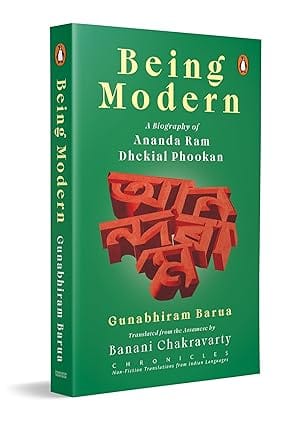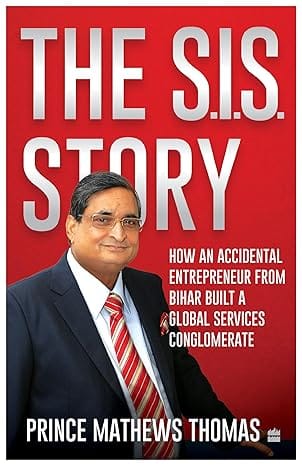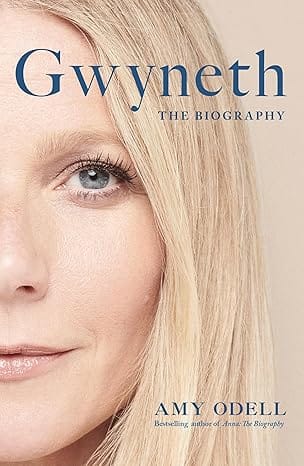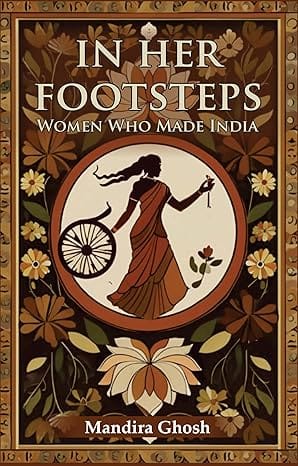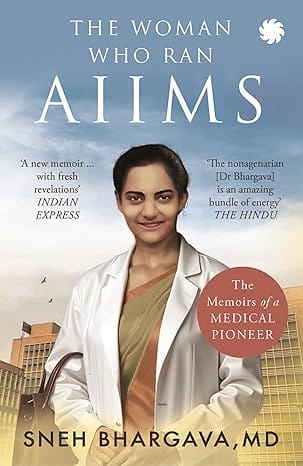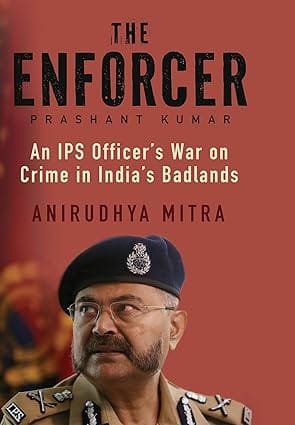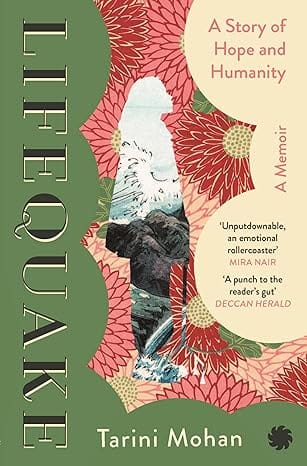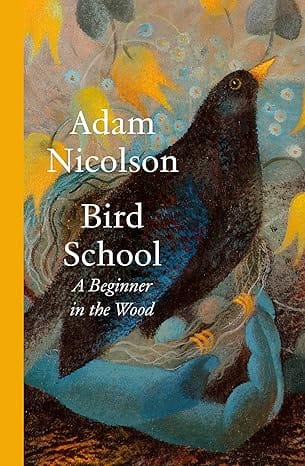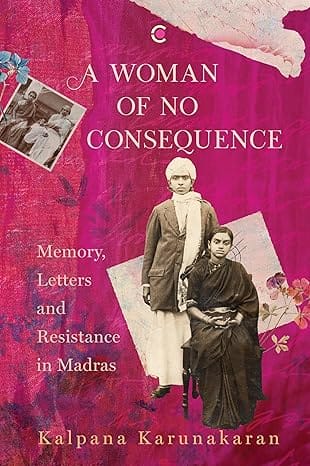- Non-ficton
- Non-ficton
- Contemporary Fiction
- Contemporary Fiction
- Children
- Children
- Comics & Graphic Novels
- Comics & Graphic Novels
- Non-Fiction
- Non-Fiction
- Fiction
- Fiction
Ananda Ram Dhekial Phookan (1829–59), the subject of this first modern Assamese biography, was the most significant figure in early colonial Assam. Born into a family affected by the region’s political upheavals, including the First Anglo–Burmese War (1824–26), Ananda Ram embodied the various social and cultural transformations of the early nineteenth century.
Despite his short life, Ananda Ram left an indelible mark on Assamese society and scholarship. His crusade to establish Assamese as Assam’s rightful court and official language-displacing Bengali from its entrenched position-would prove pivotal to the making of modern Assamese identity. His diverse scholarship ranged from books for young readers to more serious and intellectually rigorous works on colonial law and language, among other subjects.
Gunabhiram Barua, the author of this book, intertwines Ananda Ram’s life story with a broader historical account of Assam’s transition into colonial modernity. History unfolds alongside biography in this book elegantly translated by Banani Chakravarty for the Chronicles series-making it a window into nineteenth-century Assam as well as a portrait of a remarkable life.
About the Author
Banani Chakravarty teaches Assamese in GauhatiUniversity. She has co-edited Asamar Bhasha (Banalata, 2013), part of G.N. Devy’s acclaimed People’s Linguistic Survey of India series, which has been translated into English as Languages of Assam (Orient BlackSwan, 2017) and into Hindi as Assam Ki Bhashayen (Orient BlackSwan, 2025). Her recent publication includes Jetia Chapasal Nachil (2024), a comprehensive anthology of medieval Assamese manuscripts, inscriptions and historical documents.
- Home
- Non-Fiction
- Biographies
- Being Modern A Biography Of Ananda Ram Dhekial Phookan
Being Modern A Biography Of Ananda Ram Dhekial Phookan
SIZE GUIDE
- ISBN: 9780143466352
- Author: Gunabhiram Barua
- Publisher: Penguin Vintage
- Pages: 264
- Format: Paperback
Book Description
Ananda Ram Dhekial Phookan (1829–59), the subject of this first modern Assamese biography, was the most significant figure in early colonial Assam. Born into a family affected by the region’s political upheavals, including the First Anglo–Burmese War (1824–26), Ananda Ram embodied the various social and cultural transformations of the early nineteenth century.
Despite his short life, Ananda Ram left an indelible mark on Assamese society and scholarship. His crusade to establish Assamese as Assam’s rightful court and official language-displacing Bengali from its entrenched position-would prove pivotal to the making of modern Assamese identity. His diverse scholarship ranged from books for young readers to more serious and intellectually rigorous works on colonial law and language, among other subjects.
Gunabhiram Barua, the author of this book, intertwines Ananda Ram’s life story with a broader historical account of Assam’s transition into colonial modernity. History unfolds alongside biography in this book elegantly translated by Banani Chakravarty for the Chronicles series-making it a window into nineteenth-century Assam as well as a portrait of a remarkable life.
About the Author
Banani Chakravarty teaches Assamese in GauhatiUniversity. She has co-edited Asamar Bhasha (Banalata, 2013), part of G.N. Devy’s acclaimed People’s Linguistic Survey of India series, which has been translated into English as Languages of Assam (Orient BlackSwan, 2017) and into Hindi as Assam Ki Bhashayen (Orient BlackSwan, 2025). Her recent publication includes Jetia Chapasal Nachil (2024), a comprehensive anthology of medieval Assamese manuscripts, inscriptions and historical documents.
User reviews
NEWSLETTER
Subscribe to get Email Updates!
Thanks for subscribing.
Your response has been recorded.

India's Iconic & Independent Book Store offering a vast selection of books across a variety of genres Since 1978.
"We Believe In The Power of Books" Our mission is to make books accessible to everyone, and to cultivate a culture of reading and learning. We strive to provide a wide range of books, from classic literature, sci-fi and fantasy, to graphic novels, biographies and self-help books, so that everyone can find something to read.
Whether you’re looking for your next great read, a gift for someone special, or just browsing, Midland is here to make your book-buying experience easy and enjoyable.
We are shipping pan India and across the world.
For Bulk Order / Corporate Gifting
 +91 9818282497 |
+91 9818282497 |  [email protected]
[email protected]
Click To Know More
INFORMATION
QUICK LINKS
ADDRESS
Shop No.20, Aurobindo Palace Market, Near Church, New Delhi

